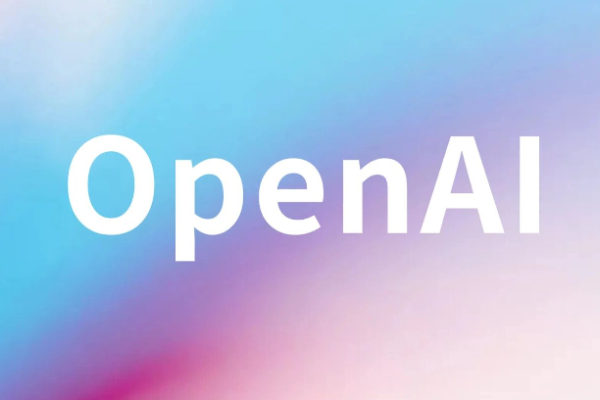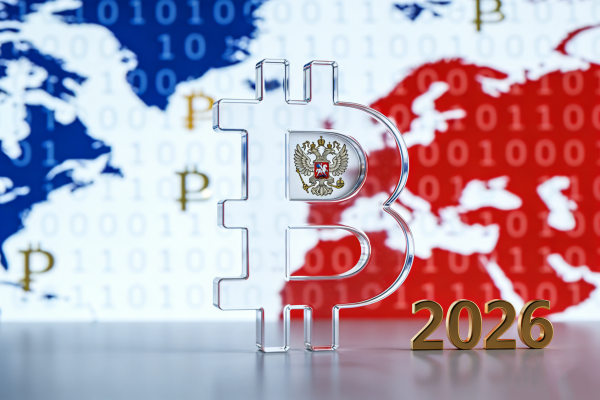Singapore’s Web3 Regulatory Upheaval: From Open Frontier to Compliance Dilemma
In the global Web3 industry landscape, Singapore's role has undergone a dramatic transformation in just a few years. Once upon a time, Singapore, with its open and inclusive regulatory attitude, became a paradise for Web3 entrepreneurs, attracting global attention and resources. However, now the wind direction has suddenly changed, and a series of strict new regulatory rules have come like a storm, completely subverting the original pattern of Singapore's Web3 industry, forcing practitioners to re-examine this once "crypto-friendly paradise".
The door to openness is open: the golden opportunity period for Web3
Looking back to 2021, the global cryptocurrency market is changing rapidly. China's comprehensive ban on cryptocurrency transactions and the gradual tightening of the US Securities and Exchange Commission (SEC) on the crypto industry have left many Web3 practitioners confused and in trouble. At this time, Singapore showed a completely different attitude, resolutely opening its arms to welcome the arrival of Web3 entrepreneurs.
At that time, the Monetary Authority of Singapore (MAS) adhered to the concept of "embracing innovation" and actively created a policy environment conducive to the development of Web3. The 0% capital gains tax policy is like a huge magnet, attracting Web3 companies and projects from all over the world. Well-known institutions such as Three Arrows Capital, Alameda Research, and FTX Asia Headquarters have set up camp here, and regard Singapore as an important base for expanding their global business.
Registering a company in Singapore can legally and compliantly provide digital asset services to global users outside Singapore. This unique advantage makes Singapore an ideal place for "regulatory arbitrage" in the Web3 industry. Companies can not only enjoy the reputation of Singapore as an international financial center, enhance their brand image and credibility, but also use its perfect financial infrastructure and convenient international communication environment to carry out business activities efficiently. This unique condition has allowed Singapore to quickly rise to the forefront of the Asian Web3 industry, and countless entrepreneurs with dreams have gathered here to jointly draw a grand blueprint for Web3.
Regulatory storm suddenly arises: new regulations reshape the industry landscape
However, the good times did not last long. The prosperity of Singapore's Web3 industry encountered unprecedented challenges in 2025. On May 30, MAS issued a response document on the new regulations for digital token service providers (DTSP), which was like a bombshell, causing an uproar in the industry. This harshly worded document clearly conveyed the 180-degree turn in Singapore's regulatory attitude, marking the official end of the "golden age" of Singapore's Web3 industry.
The new DTSP regulations, which will officially take effect on June 30, have issued an "expulsion order" to Web3-related entities that do not hold licenses with their swift and resolute attitude. The core content of the new regulations defines DTSP in an extremely broad sense, covering almost all entities and activities related to digital token services. According to Section 137 of the Financial Services and Markets Act 2022 (FSM Act) and related documents, DTSP mainly includes two types of entities: one is an individual or partnership that has a place of business and conducts business in Singapore; the other is a Singapore-registered company that conducts digital token service business outside Singapore, regardless of where the company's actual operations are located.
It is particularly noteworthy that MAS's definition of "business premises" is extremely expansive, defining it as "any place (including movable stalls) used by a licensee to conduct business in Singapore". This definition means that as long as business activities involving digital assets are carried out in Singapore, regardless of whether the venue is formal or not, whether it is a local company or an overseas company, and whether the business is for local or overseas customers, if the corresponding license is not held, legal risks may be faced. This almost strict definition has put many Web3 practitioners in a compliance dilemma, and many business activities that seemed normal in the past are now included in the strict scope of regulatory scrutiny.
In addition, MAS's definition of digital token services is equally broad, covering almost all types of token-related services, and even the act of publishing research reports related to digital tokens has been included in the scope of regulation. According to item (j) of the first schedule of the FSM Act, any service that provides advice related to digital tokens or publishes research analysis and reports in the form of publications, articles, etc. must obtain a DTSP license, otherwise it may be judged as illegal. This regulation undoubtedly puts a heavy compliance shackle on many content creators, analysts and KOLs, making them walk on thin ice when creating and publishing related content.
Widespread impact: multiple groups are affected
Faced with such stringent new regulations, various groups in Singapore's Web3 industry have been impacted to varying degrees. From individual practitioners to various institutions, no one can stay out of it.
High-risk individual groups
Independent practitioners are the first to be affected. Developers, project consultants, market makers, miners, etc. Their work content is directly related to digital token services. Under the new regulations, if they cannot obtain a license, their business activities in Singapore will be difficult to continue. Content creators and KOLs are also facing difficulties. Analysts, KOLs, community operators, etc., their daily work involves digital token analysis, suggestion release and other behaviors, which now require the support of licenses, otherwise they will face legal risks. Project core personnel, such as founders, BD, sales, etc., because their work is closely related to the business development of the project, also face huge compliance pressure under the new regulations, and may violate the legal red line if they are not careful.
High-risk institutional groups
Unlicensed exchanges, whether centralized exchanges (CEX) or decentralized exchanges (DEX), will be considered illegal if they do not obtain a license to conduct business in Singapore and face the fate of being cleared. Project parties, including DeFi projects, wallets, NFT and other related projects, whose businesses are closely related to digital tokens, will not be able to operate normally under the new regulations if they are not licensed, and the advancement and development of the project will stagnate.
Industry Outlook: The Road to Compliance is Thorny
Singapore's major adjustment of its regulatory policy this time is not a whim, but has deep considerations. On the one hand, as global regulation of the cryptocurrency industry becomes increasingly stringent, Singapore needs to strengthen supervision and align with international regulatory standards to maintain the stability and security of its own financial system. On the other hand, some Web3 companies have loopholes in their operating models in Singapore, and are believed to have risks such as money laundering and terrorist financing, which has also prompted MAS to take more stringent regulatory measures to purify the industry ecosystem.
For the Web3 industry, the change in Singapore's regulatory policy is undoubtedly an important signal. It heralds the end of the era of regulatory arbitrage, and compliance will become the core theme of future industry development. In Singapore, companies and individuals who try to gain benefits by exploiting regulatory loopholes will no longer have room to survive. The industry competition pattern of big fish eating small fish may be about to take place. Companies with strong strength, the ability to quickly adapt to new regulations and achieve compliant operations will stand out in this change; and those that cannot meet compliance requirements will be eliminated by the market.
For Web3 project parties and institutions that are still watching or operating in Singapore, the top priority at the moment is to make decisions quickly. Leave or stay? If you choose to stay, how to meet MAS's extremely stringent license application conditions in a short period of time and achieve compliant operations will be a huge challenge for them. MAS has made it clear that it will approve the DTSP license with an "extremely cautious" attitude and will only approve the application in "extremely limited circumstances." This means that the road to license application is full of uncertainty and difficulties. And if you choose to leave, where should you go? The regulatory policies of other countries and regions are also complex and changeable. It is not easy to find a new "habitat" that meets regulatory requirements and is conducive to business development.
The Singapore Web3 industry is at a critical crossroads. The dramatic changes in regulatory policies have brought huge shocks and challenges to the industry, but at the same time, they have also provided an opportunity for the healthy development of the industry to re-examine and adjust. In the future development, compliance will be the cornerstone of corporate survival and development. Only those companies that can actively adapt to regulatory changes and adhere to the bottom line of compliance can hope to gain a foothold in the new industry landscape and achieve long-term development.









